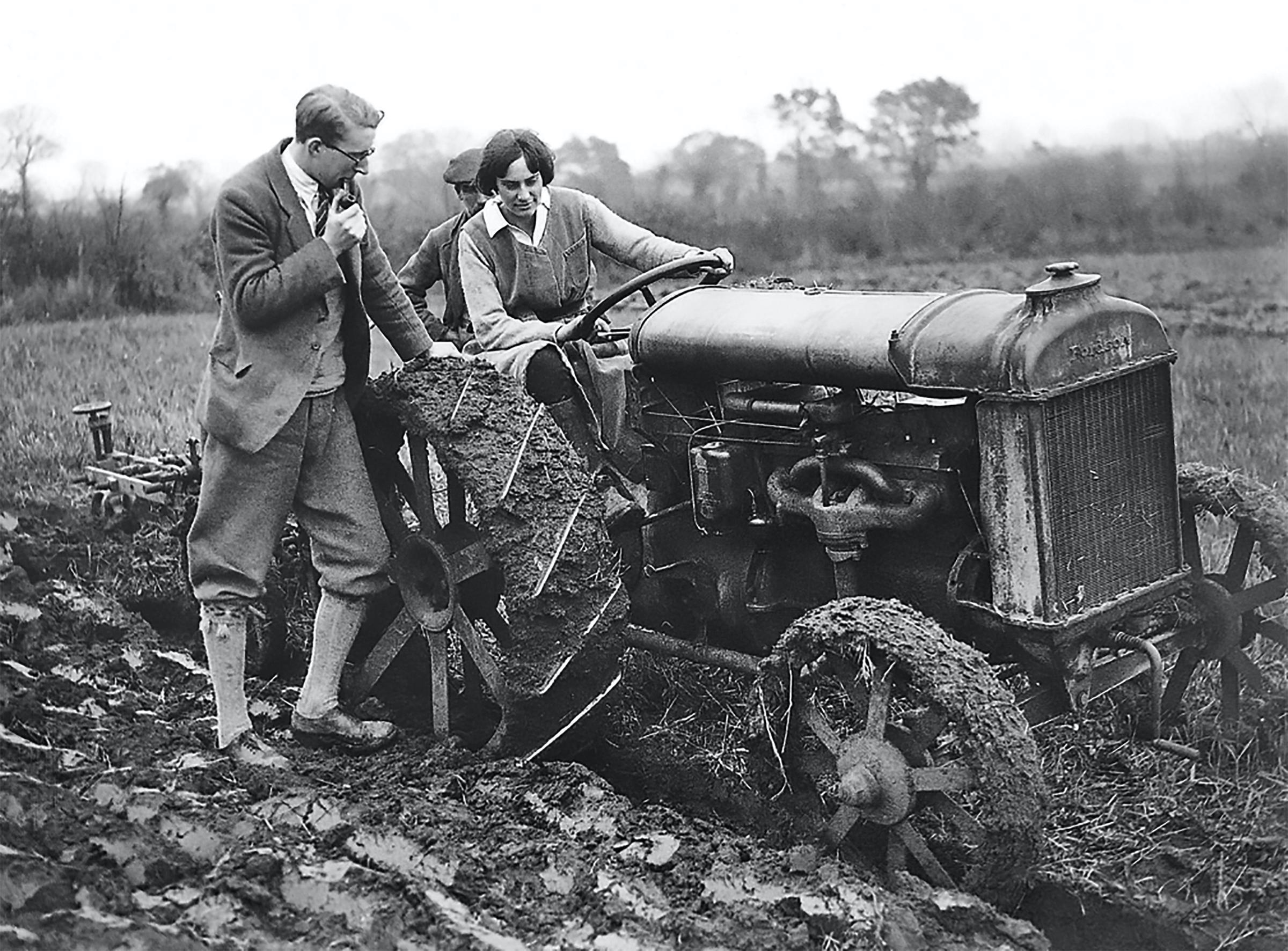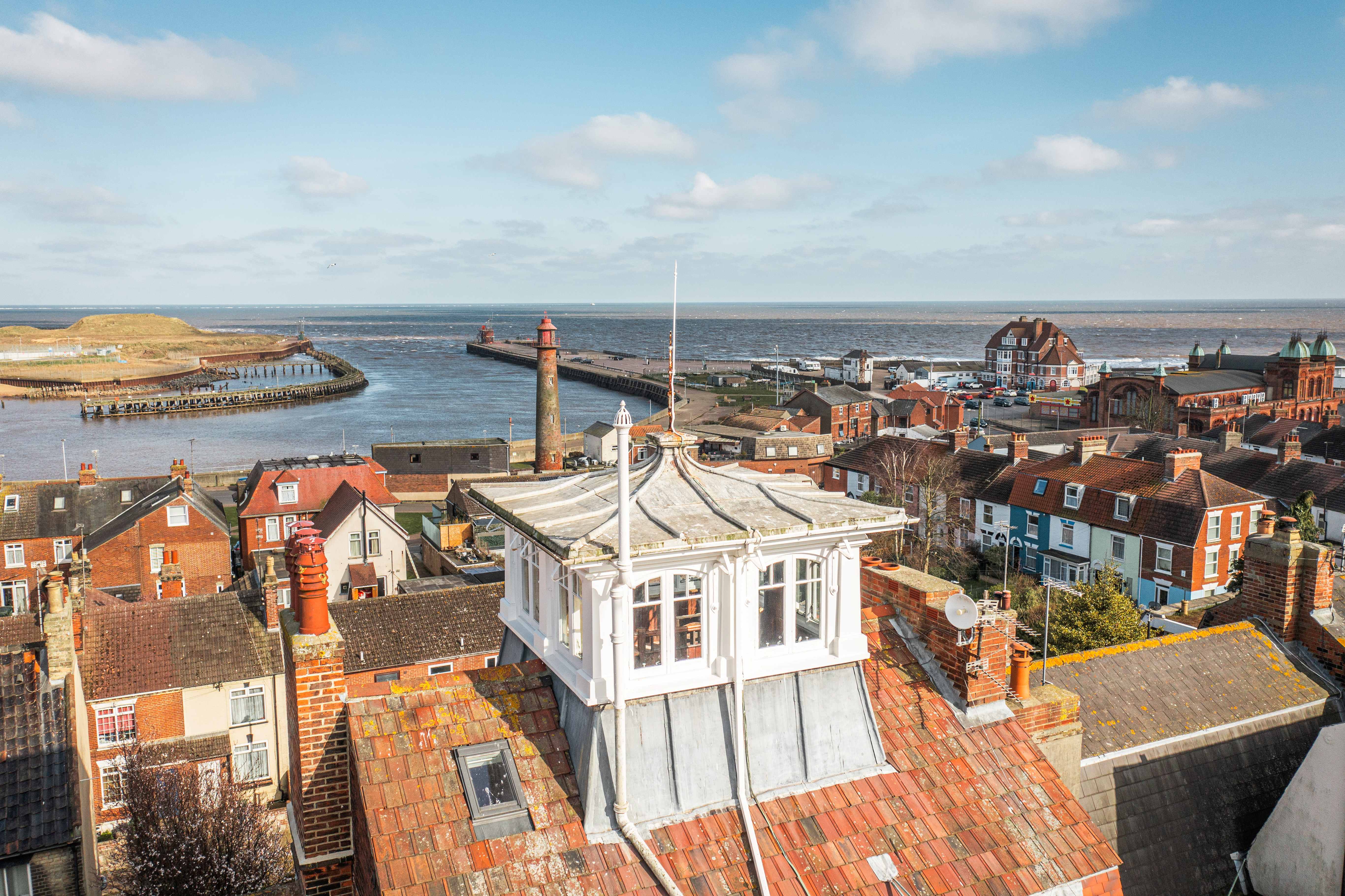Lady Eve Balfour: the formidable woman who pioneered organic farming in Britain
Dismissed as a crank in the late 1930s for her progressive views on farming, Lady Eve Balfour went on to co-found the Soil Association, says Sarah Langford.


Of all the experiments that Lady Eve Balfour undertook over the course of her long life, the one most likely to have baffled her neighbours was her investigation into whose urine was the most beneficial to compost: her own (alkaline) or that of her long-term companion, Kathleen Carnley (acidic).
Lady Eve, however, did not much care what her neighbours thought. The woman who co-founded the Soil Association and pioneered the organic-farming movement rarely minded being called a ‘crank’. After all, a crank — as she told the BBC’s Food Programme in 1989 — was a small and useful, inexpensive instrument that causes revolutions.
Born in 1898 to Scottish nobility, Lady Eve was an unlikely revolutionary. Raised in a society that had few ambitions for her beyond marriage and family, at the age of 17, she became one of the first women to study for a diploma in agriculture.
The daughter of a landed family and the niece of a prime minister, she led a successful revolt against the tithes farmers were obliged to pay. Ignoring the conventions of her time, she dressed in trousers when it was still taboo, lived companionably with women and men to whom she was not married, drove to agricultural shows in an adapted Rolls-Royce Silver Ghost and learnt how to fly a Tiger Moth aeroplane.
She also mostly lived in run-down houses, a horse-drawn gypsy caravan or on the road as she travelled the world visiting farms and giving speeches well into her eighties.
Lady Eve began her farming life in Britain when working men were fighting in the First World War and rural populations had been devastated by an agricultural depression. Undeterred, at 19 (pretending to be 25, so she would be eligible), she went to manage a farm in Monmouthshire and, after the war, dispatched an agent to find her a farm in Sussex. Confusing counties, her intended inheritance was used to buy one in Suffolk.
It was a financially precarious time to become a farmer. To raise extra money, she diversified, playing saxophone in an evening jazz band and co-authoring a successful series of crime thrillers. One book was nearly lost when, transporting the manuscript in her motorbike’s unfastened carrier, Lady Eve rode so fast it flew out. It was later returned, page by page, which gave it its title: The Paper Chase.
Sign up for the Country Life Newsletter
Exquisite houses, the beauty of Nature, and how to get the most from your life, straight to your inbox.
Shortly before the Second World War, her farm began the first scientific side-by-side comparison of organic and chemical farming ever undertaken. In 1943, her farming testament, The Living Soil, was published. It became a surprise global hit and led to the foundation of the Soil Association.
Monthly soil sampling over many decades was costly and, in 1970, the Soil Association controversially ended the experiment. By then, Lady Eve had enough evidence to conclude that the soil was biologically alive, replenished itself and gave different readings depending on the time of year testing was undertaken.
Her assertion that chemical inputs depleted, rather than added to, fertility was highly contentious in an age of agricultural intensification. Farmers were paid to use artificial nitrogen to increase production and any who refused faced the threat of foreclosure. Yet the woman described by her farming neighbour, John Horsman, as ‘formidable’ — an impression she gamely enhanced by sporting a piratical patch over a weak eye — was not to be cowed.
Nor was she to be crossed. Mr Horsman recalls a time when he wanted to spray a herbicide. To avoid her wrath, he ‘got up early, at five’ to do so.
That afternoon, he found himself cornered. ‘John!’ Lady Eve admonished. ‘I smell Methoxone in the air. What have you been doing?’ Although Lady Eve and Mr Horsman became friends, modern agriculture remained suspicious.
In 1990, a junior agriculture minister — John Gummer, now Lord Deben — included Lady Eve on the New Years’ Honours List. ‘A senior civil servant appeared and said: “No, no Minister. We cannot have any muck and magic here.”’
Mr Gummer insisted, but found, checking the final list, that her name was missing, which necessitated an appeal to the Prime Minister’s office to reinstate it. Lady Eve was awarded her OBE for services to British agriculture shortly before she died, aged 91.
Times have moved on. The publication of the Government National Food Strategy in July saw its author, Henry Dimbleby, lament the damage an industrialised food system has done ‘to our bodies and our ecosystem’.
Eighty years earlier, Lady Eve got there first. ‘If a nation’s health depends on the way its food is grown,’ she wrote, ‘then agriculture must be looked upon as one of the health services, in fact the primary health service.’
Organic farming in Britain remains small, although consumers grew its market by 12.5% in 2019 and demand outweighs supply. The banning of many agrochemicals, rising cost of artificial fertilisers and the withdrawal of government subsidies may explain last year’s 12% increase in land undergoing organic conversion. Farming, it seems, is changing. Lady Eve, the crank who caused a revolution, would no doubt approve.
Sarah Langford is a barrister, farmer and the author of ‘In Your Defence: Stories of Life and Law’. Her new book, ‘For a Love of the Land’, will be published by Viking in 2022
Country Life is unlike any other magazine: the only glossy weekly on the newsstand and the only magazine that has been guest-edited by HRH The King not once, but twice. It is a celebration of modern rural life and all its diverse joys and pleasures — that was first published in Queen Victoria's Diamond Jubilee year. Our eclectic mixture of witty and informative content — from the most up-to-date property news and commentary and a coveted glimpse inside some of the UK's best houses and gardens, to gardening, the arts and interior design, written by experts in their field — still cannot be found in print or online, anywhere else.
-
 Two quick and easy seasonal asparagus recipes to try this Easter Weekend
Two quick and easy seasonal asparagus recipes to try this Easter WeekendAsparagus has royal roots — it was once a favourite of Madame de Pompadour.
By Melanie Johnson
-
 Sip tea and laugh at your neighbours in this seaside Norfolk home with a watchtower
Sip tea and laugh at your neighbours in this seaside Norfolk home with a watchtowerOn Cliff Hill in Gorleston, one home is taller than all the others. It could be yours.
By James Fisher